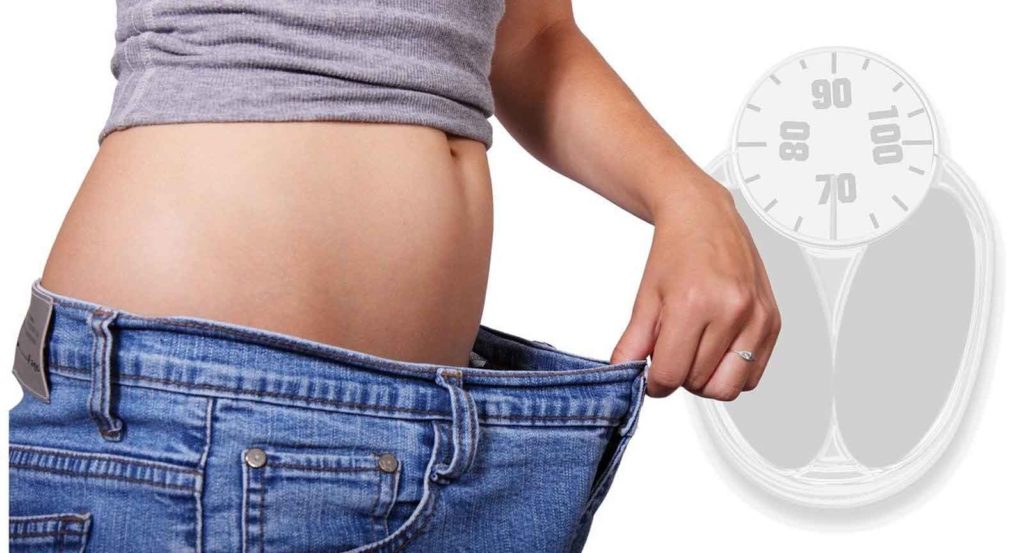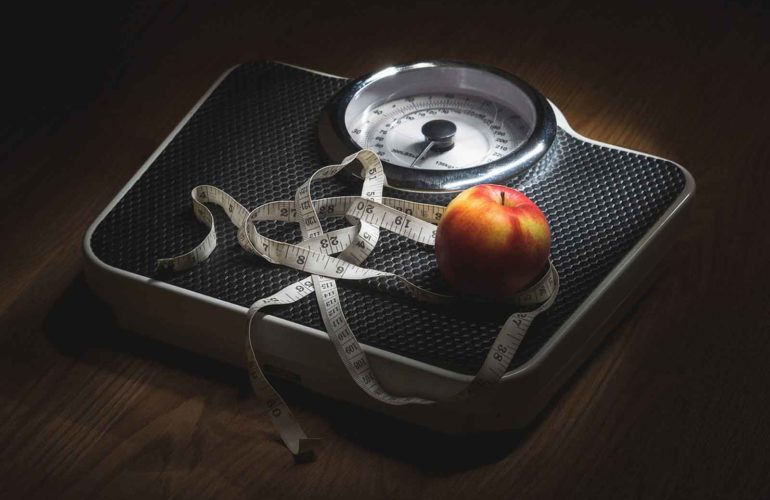We would all like to lose the unwanted weight in a jiffy, but unrealistic weight loss goals are also unhealthy. Keeping a realistic time frame considering various factors which affect weight loss is very important. The time it takes for you to see and for others to notice weight loss results will vary from person to person. Many factors, including your starting size, what you eat will make a big difference. This article however is not about how to lose weight but on factors which affect weight loss and how long does it take to lose weight. The first step towards weight loss is to set your goals in a realistic manner.
Factors determining weight loss
1. Gender
- The fat to muscle ratio in the body affects your ability to lose weight in a big way
- Women typically have a greater fat to muscle ration compared to men, the resting metabolic rate in women is 5-10% lower than in men
- This means that women burn 5-10% lesser calories as compared to men at rest
- Thus men tend to lose weight quicker than women following a diet equal in calories
2. Age
- A number of bodily changes occur with aging
- Fat mass tends to increase and muscle mass decreases
- This along with the declining calorie needs of the body contributes to a lower resting metabolism rate
- This decrease in the resting metabolism rate can make weight loss increasingly difficult with age
- Apart from this, your fitness age i.e number of years you’ve been physically active in your life also makes a big difference in rate of losing weight
3. Training
- If you’ve not been too active in your life, your body will gain muscle first to adapt to the new changes. Hence the weight loss initially might not be visible
- On the other hand, if you’ve been physically active or have been a sportsperson, the body responds immediately to your weight loss efforts
- To begin with, a mix of different types of training is good for your body
- Don’t despair if your efforts are not showing quick results. Stay active and be consistent with your workouts to get the desired results
4. Diet
- If you are not a low calorie diet with training, you may lose some weight initially. However, in the long run, this will result in poor metabolism and the shed weight will rebound
- The concept of reverse dieting i.e you eat more and train more and cut back on calories slowly to achieve the desired calorie deficit is hugely successful and sustainable. However, reverse dieting requires consultation with an fitness expert
- A balanced diet with more complex carbs and good quality protein and adequate amount of fat along with proper routine for work out helps achieve your weight loss goals
5. Lifestyle
- Lifestyle plays perhaps the most important role in weight loss. Various lifestyle issues which affects weight loss are :-
- Having lesser outside food and more of home cooked food
- Early to bed and rising early in the morning
- Having the right amount of water throughout the day
- Adequate amount of physical activity. Small things like taking the stairs instead of lift go a long way in helping you stay fit and lose weight in the process
- Having positive company makes a difference in your lifestyle. If you are stressed all the time you will put on weight. Make sure you sy-stay in the company of good, positive and vibrant people
- Food portion and timings are extremely important
- Motivation level and mindfulness also play a important role in the speed of weight loss
6. Stress
- Stress can significantly hinder weight loss and the speed at which you shed weight
- Just one moment of stress can increase the desire to eat high calorie less nutritious food
- Stress causes increased levels of Cortisol hormone and causes obesity
7. Other Factors
- Medical conditions like thyroid, hormonal balance, PCOD / PCOS, diabetes, nutritional deficiencies, arthiritis and injuries can result in weight gain
- If you’re on any medication which hampers you from doing strenuous activities, you will need to find alternate ways to burn calories
- Family health history and genes also play a very important role in your weight loss speed
- Where you are at the time of starting your fitness regime also makes a difference in the speed of losing weight

How long does it take to lose weight !!
- 3-4 weeks-If you’re young, have training experience, eat healthy, don’t stress, get enough sleep and have no medical condition
- 3-4 months-When you’re thirty plus have some training experience, eat healthy and get enough sleep
- 8 months to a year-If you’re fifty plus, with some training experience with a healthy diet and no medical condition
- 1 year or more-If you have no prior training or fitness experience and there is some medical condition
The bottom line is to be consistent with your workout and diet. Living a healthy lifestyle will ensure that your weight stays ideal. Going on a crash diet might help momentarily but is not good in the long run. Stay happy as a healthy mind is the key to a healthy body
